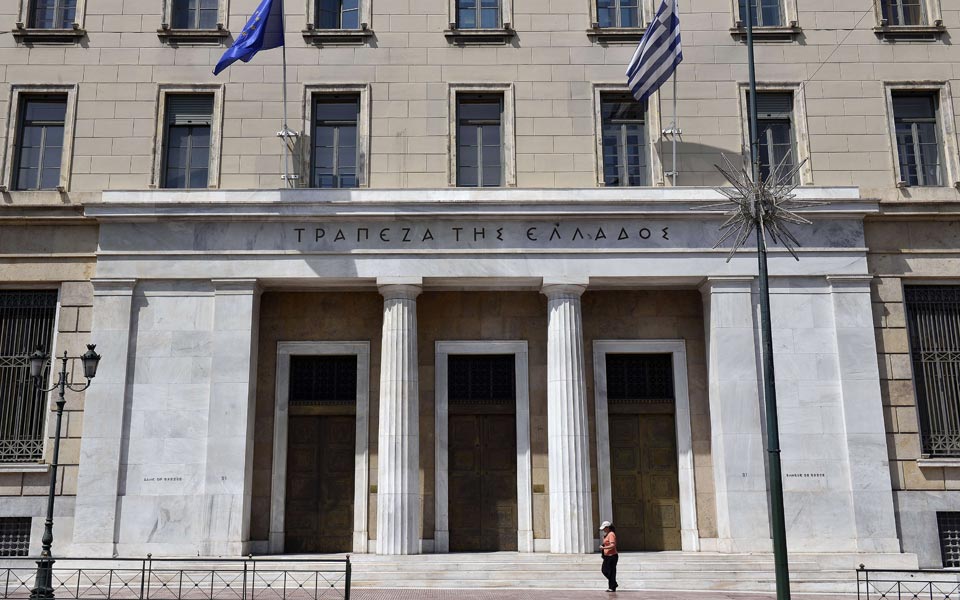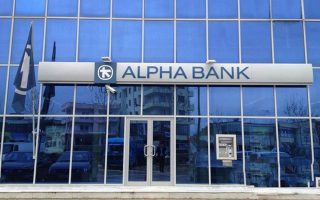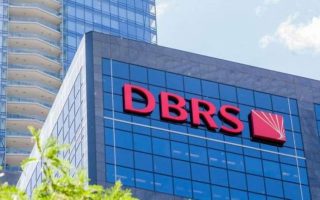BoG submits bad-bank plan

Greek banks are expected to transfer bad loans of 40-45 billion euros to an asset management company (AMC), according to the formal proposal to be submitted to the government on Wednesday by the Bank of Greece. This will then be tabled for approval by the European monitoring authorities and then the banks themselves.
The BoG plan for a “bad bank” targets the full streamlining of bank balances, relieving them not only of the bad loans the decade-long financial crisis has bequeathed to the credit sector, but also the nonperforming credit from the coronavirus crisis, expected to run up to €10 billion.
The proposal is combined with the reduction of deferred tax assets, which amount to €15.5 billion and constitute a significant share of Greek banks’ capital. After the completion of the securitizations of bad loans that the banks have set in motion, the deferred tax assets will see their share in the lenders’ capital rise further, exceeding 85% at two of the four systemic banks. These assets, which were used as an emergency solution during the fiscal crisis, are not considered to be good-quality capital, and will need to be gradually replaced.
The central bank’s proposal specifically provides for the creation of an AMC with the cooperation of the private and the public sector. The company’s initial share capital will be low, aimed at covering the immediate operating requirements for staff, material infrastructure etc. Lenders will be able to transfer the nonperforming loans in their financial accounts to the bad bank on a voluntary basis. Depending on the strategy of each bank, the transfer of bad loans may take place gradually.
International experience has shown that for such a scheme to be successful it should be neither too small nor too big, therefore the central bank estimates the sum of loans transferred should be up to €45 billion.
The transfer of loans will take place according to the accounting value banks have calculated for them in their books. The bad bank will then try to sell them to international investors, including the state collateral.





